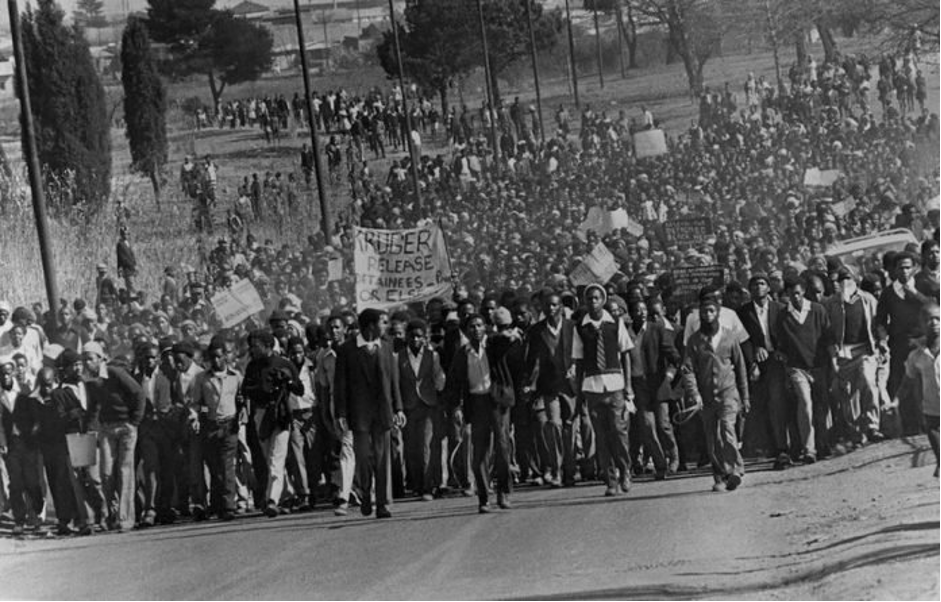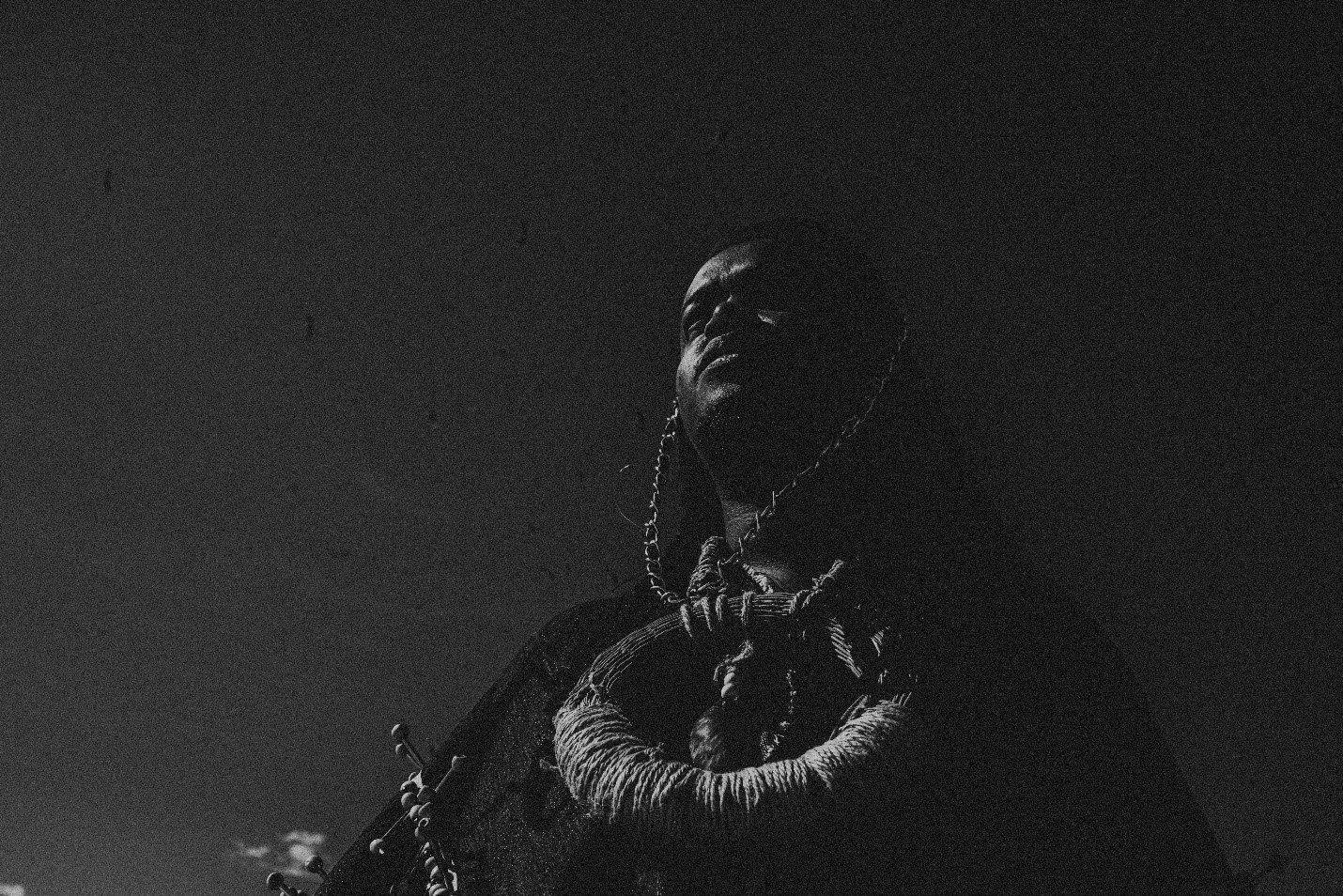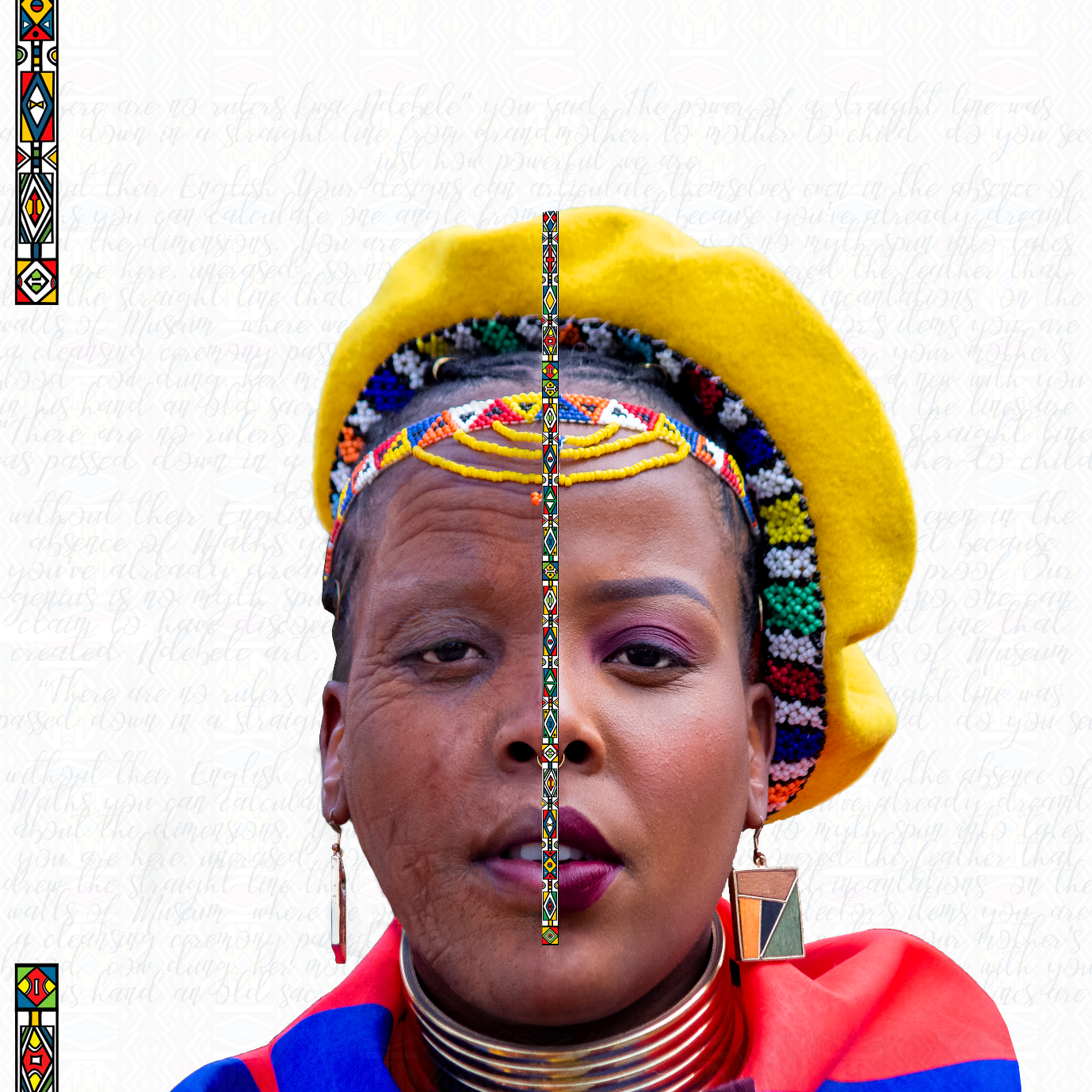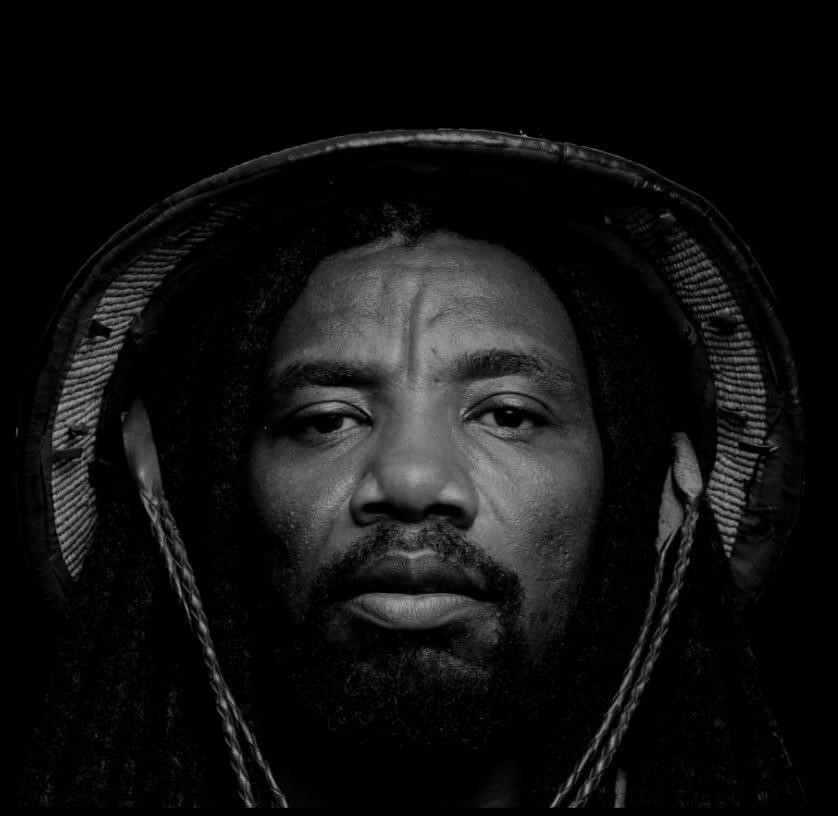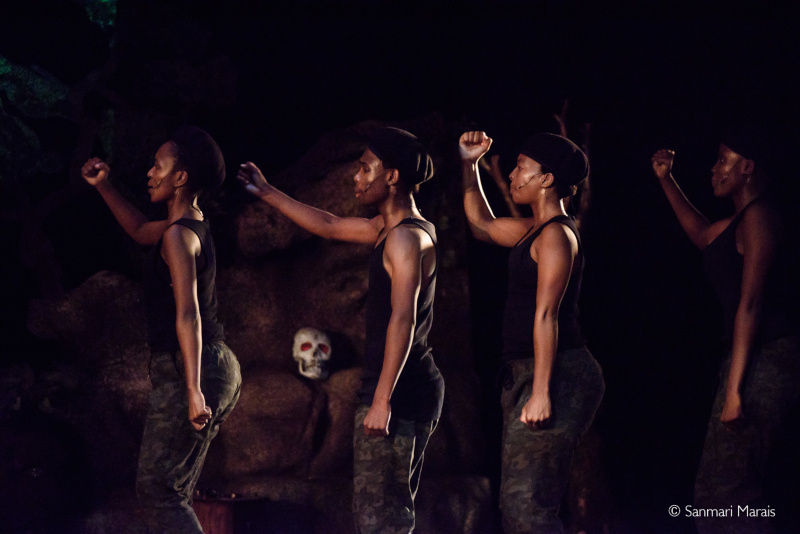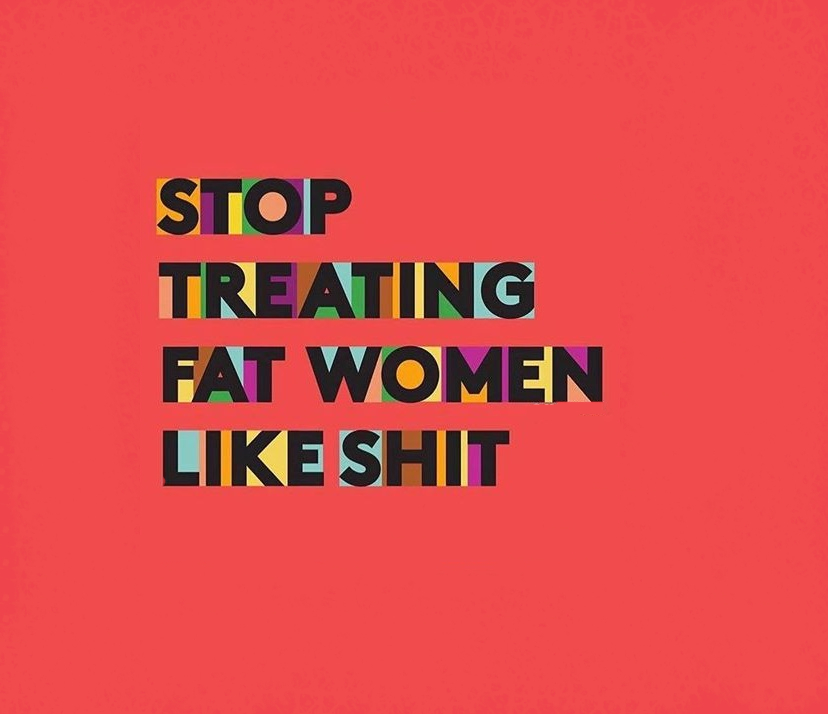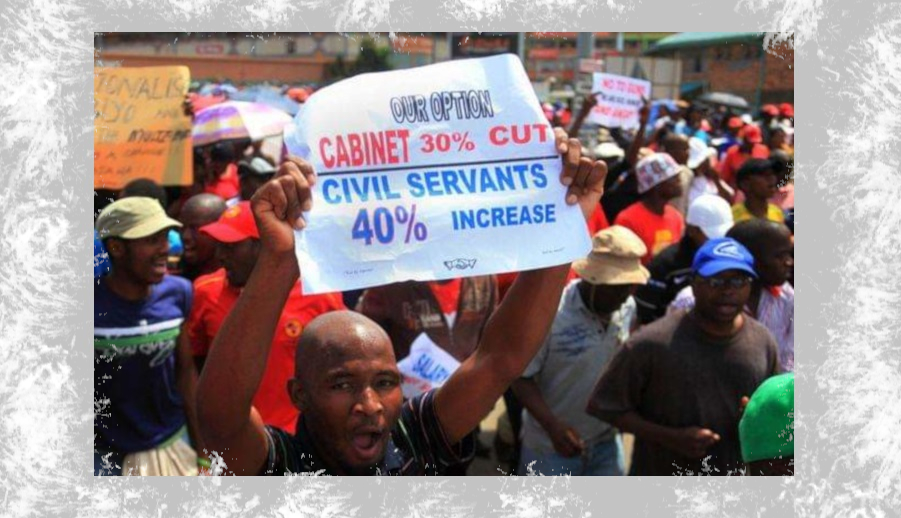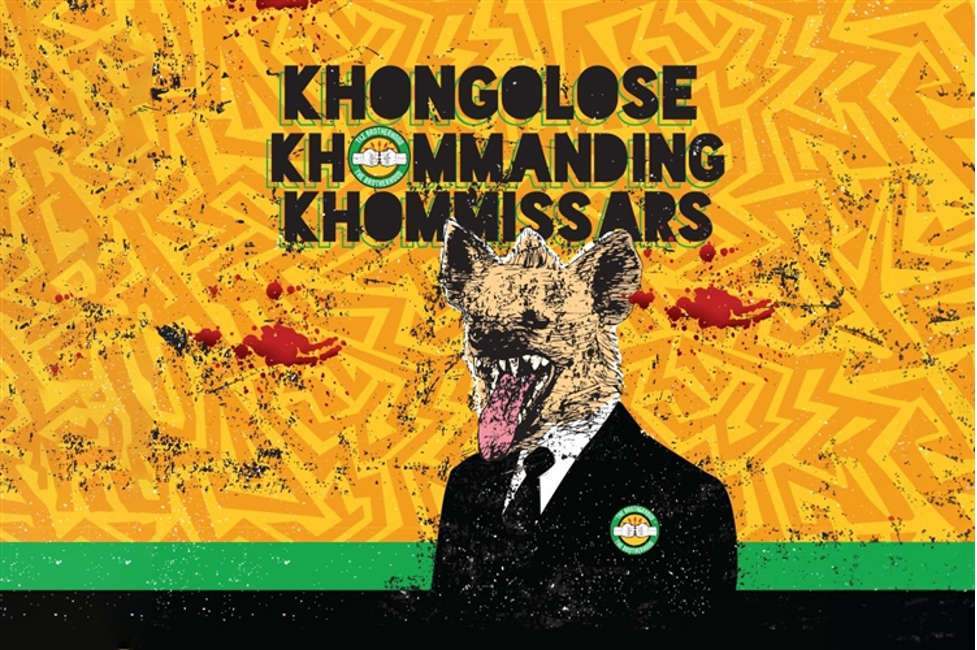The Soweto Uprising which occurred on June 16, 1976, is widely recognized as a defining moment in the ongoing struggle for Black liberation in South Africa. It stands as a historic milestone, etched in history, where young people demonstrated unwavering commitment and courage by revolting against the tyrannical apartheid regime. This momentous event sparked a flame of resistance that rapidly spread, uniting communities throughout the country and paving the way for a collective fight against injustice.
However, as time passes and memories fade, the painful truth can slip away, reducing the significance of June 16, 1976, to a mere fable. It is disheartening to observe this day being treated as just a "holiday," an opportunity for late-night festivities and the anticipation of a long weekend. When we wear our school uniforms, seemingly emulating the struggles of the past without truly grasping the gravity of the sacrifices made, we contribute to the depoliticization of June 16. This perpetuates a narrative that diminishes this pivotal historical moment, transforming it into a pretext for escapism and self-indulgence.
Today, political parties engage in extravagant celebrations and lavish parties with free entertainment, further diluting the solemn significance of June 16. This commercialization of a day intended for sober reflection and gratitude towards the young people who bravely stood up against an unjust system is deeply troubling. Instead of preserving its historical character and commemorating the importance of the Soweto uprising and the ongoing struggle for true liberation and equality, the day is exploited for political gain and superficial festivities. This commodification conveniently allows those in power to distance themselves from the legacy of apartheid, weakening the urgency to address systemic injustices and perpetuating a narrative that undermines the transformative spirit of the youth.
To genuinely address historical wrongs and honour the struggle for justice, liberal democracies must actively engage with the past. Historical memory serves as a vital link between past injustices and present calls for justice. However, the effectiveness of memory and its role in addressing historical injustices depends on how we construct and preserve it. Beyond mere acknowledgement, collective memory is shaped through the narratives we create and the memorial practices we adopt, as they give meaning to past events and ensure their continued relevance in our society.
We currently find ourselves at a critical juncture, where we must decide between forgetting our past and forging a better future. As June 16 transforms into a commodified spectacle, the transformative spirit of the youth is overshadowed, drowned out by empty rhetoric and hollow promises. The true heroes who fought for liberation and equality are reduced to mere symbols, paraded around to maintain an illusion of progress while systemic injustices persist. We must reclaim the solemn significance of June 16 and ensure it remains a day of reflection, education, and meaningful action, where the voices of the youth and their fight for justice are heard and honoured, particularly considering the current conditions of our country.
Youth Day must transcend its commercialized facade and be reborn as a catalyst for change. It should serve as a vivid reminder of the resilience and courage residing within the hearts of young people. Once ignited, their audacious spirit can dismantle oppressive systems and reshape the course of history. Furthermore, June 16 should inspire meaningful action, mobilizing us to confront the lingering remnants of apartheid and dismantle the barriers preventing true equality and justice. By harnessing the spirit of this historic uprising, we can tirelessly work towards transforming our society.

